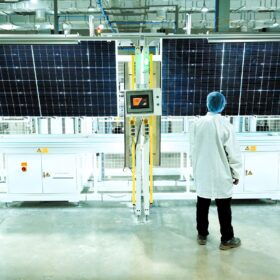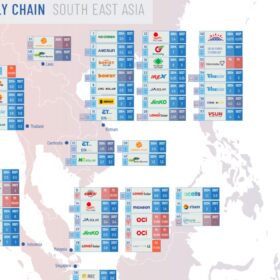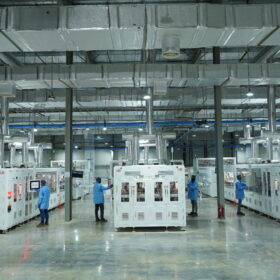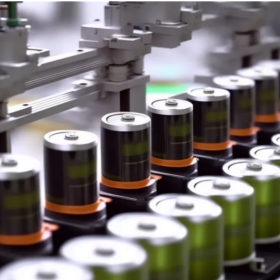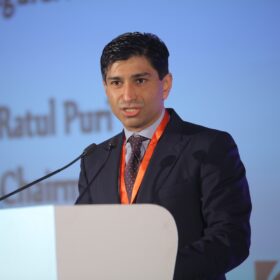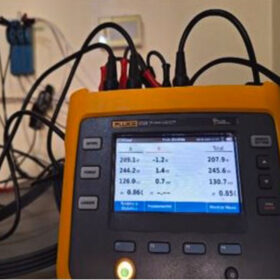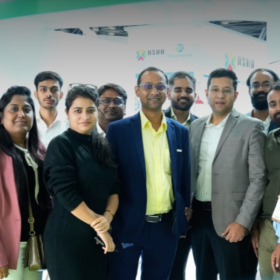Will Indian solar manufacturers go back-contact to the future?
Indian PV manufacturers are looking beyond tunnel oxide passivated contact (TOPCon) solar. Back-contact (BC) devices are an enticing prospect but many feel the technology is not mature enough. Uma Gupta considers the cost, yield, and reliability challenges that BC solar has to overcome.
Sinovoltaics tracks 78.8 GW solar module capacity in Southeast Asia
The latest supply chain map from Sinovoltaics tracks growth across Southeast Asia, with module capacity reaching 78.8 GW, and 58 production projects tracked.
India added 11.3 GW of solar module, 2 GW of cell manufacturing capacity in H1 2024
India’s cumulative solar module manufacturing capacity reached 77.2 GW, and solar cell manufacturing capacity totaled 7.6 GW as of June 2024, according to Mercom India.
Livguard unveils high-frequency solar inverters at REI Expo 2024
Livguard has launched its high-frequency solar inverters that are compact, lightweight, and low-noise.
ESG reporting standard in India requires holistic approach to build global comparability
ESG (environmental, social, and governance) measurement is often inconsistent, as there are multiple ESG rating agencies, sustainability reporting standards and data providers and all deploy their own methodologies and parameters. That makes it challenging for the investors and other stakeholders to evaluate critical ESG metrics and make well-informed choices.
Honeywell debuts new technologies across EV battery ecosystem
Honeywell is integrating ultrasound scanning-based comprehensive battery cell testing in its Battery Manufacturing Excellence Platform (MXP) software solution, enabling high-quality battery production by giga-factories. Also, it is launching new safety sensors that detect thermal runaway signs in EV batteries before a potential fire.
India needs mindset change towards sustainability for systemic transformation
Considering India’s energy demand doubled between 2000 and 2020 and is set for a tremendous surge to the tune of 73 exajoules (EJ) by 2050, we really have to focus on achieving sustainable energy security for decades to come. This systemic transformation won’t come merely with government directives or policy measures but would warrant a mindset change towards sustainability.
PV system sizing for 100% self-consumption
A group of researchers has proposed a new method for the sizing of PV systems that do not rely on an anti-dump system and operate without the possibility of injecting power into the grid. The novel approach requires an estimate of the annual hourly profile and the minimum power demanded, as well as the use of an irradiance meter and an electrical network analyzer.
New research shows vulnerability of TOPCon solar cells to contact corrosion
Researchers at the University of New South Wales claim to have identified new TOPCon contact degradation mechanisms that are significantly influenced by the combination of ions and aluminum-silver paste compositions. The primary degradation mechanism was a significant increase in series resistance.
Avaada Group lays foundation stone for ingot-to-PV module, battery factory in Nagpur
Avaada will set up a wafer-to-module project to support the company’s existing PV module plant in Dadri. The factory will also manufacture next-generation batteries and electrolyzers.
